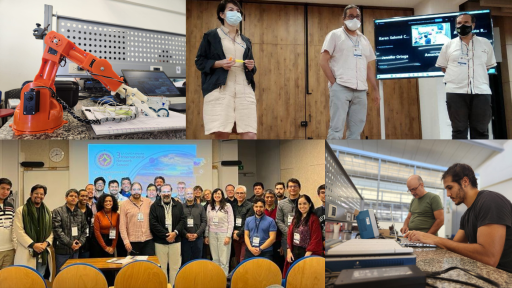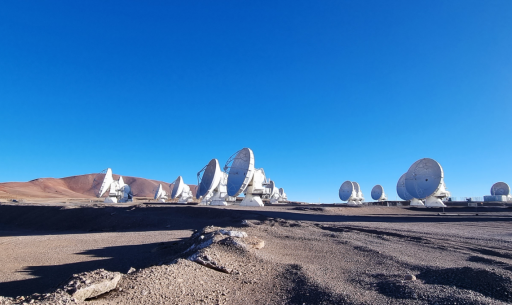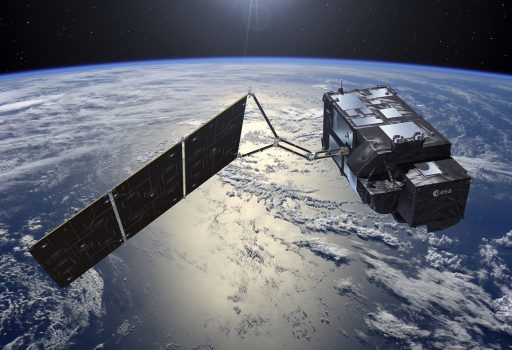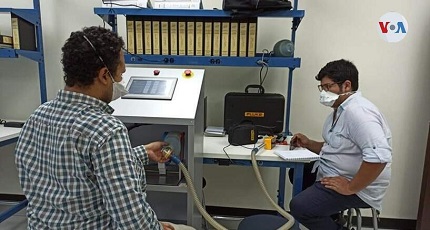Chile’s research network champions telemedicine for the region
With more than 60,000 patients reached, Chile is setting the pace for telemedicine in Latin America. A new paper from REUNA and RedCLARA showcases Chile’s success and calls for greater regional collaboration to improve healthcare access—especially in remote and underserved areas.
With more than 60,000 patients reached, Chile is setting the pace for telemedicine in Latin America. A new paper from REUNA and RedCLARA showcases Chile’s success and calls for greater regional collaboration to improve healthcare access—especially in remote and underserved areas.

















